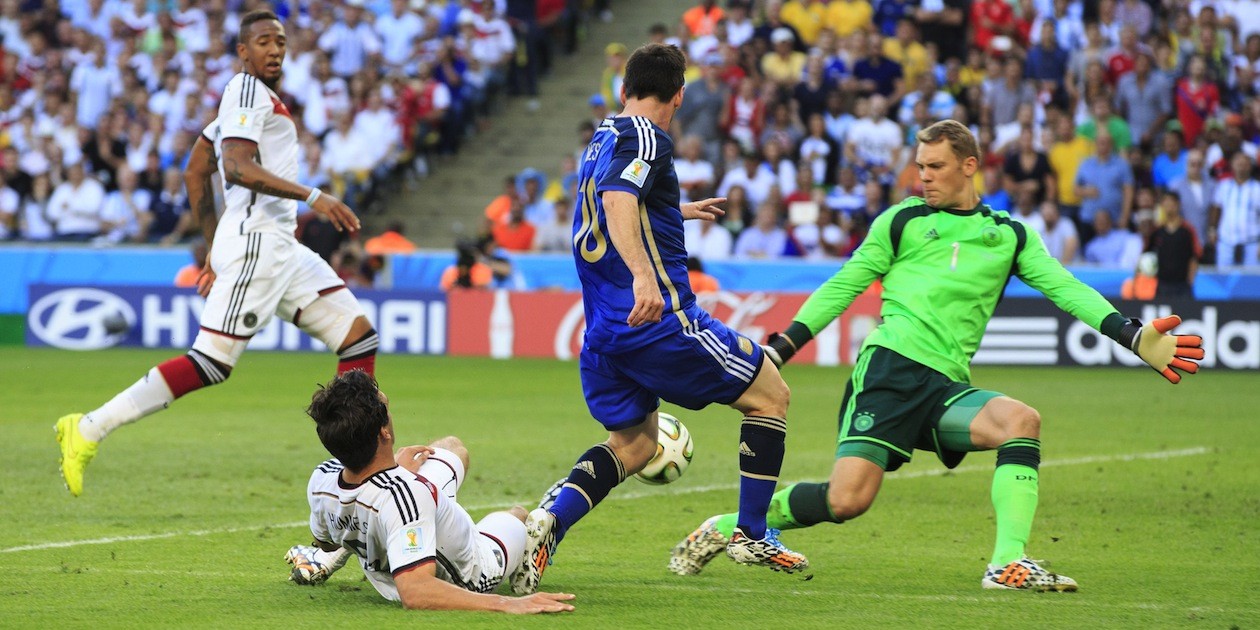Worried that their reputations will be tarnished by their links to FIFA, major sponsors are demanding that soccer’s global governing body clean up its act, with Visa even warning it is prepared to jump ship.
Coca-Cola also made it clear it is unhappy with the scandals rocking the organization it and others support with millions of dollars a year. On Wednesday, seven officials were arrested in a dawn raid at a luxury hotel in Zurich while Swiss prosecutors opened criminal proceedings into FIFA’s awarding of the 2018 World Cup to Russia and the 2022 tournament to Qatar.
Visa provided the most acute criticism, saying it expects the organization to take “swift and immediate steps to address” its issues.
“This starts with rebuilding a culture with strong ethical practices in order to restore the reputation of the games for fans everywhere,” it said in a statement late Wednesday. “Should FIFA fail to do so, we have informed them that we will reassess our sponsorship.”
Coca-Cola was also among the companies to take a harder stance. “This lengthy controversy has tarnished the mission and ideals of the FIFA World Cup and we have repeatedly expressed our concerns about these serious allegations,” the company said in a statement.
The range of companies involved more or less directly with FIFA and the soccer world is large.
FIFA’s partners, which are companies that support the soccer body through long-term contracts, include Adidas, Coca-Cola, Visa, Gazprom and Hyundai/KIA Motors. They have the right to use official FIFA trademarks in their advertising campaigns, exposure in and around stadiums and protection against ambush marketing.
There are second-tier sponsors, too, such as Budweiser and McDonald’s, who pay to be involved during and around the World Cup tournaments themselves.
Beyond those corporations, there are companies that make deals with national soccer associations. Nike, for example, pays to have the Brazilian national team wear its shirts.
Though Nike was not referenced in the Department of Justice indictment that lay behind Wednesday’s dawn raids in Switzerland, a “multinational sportswear company headquartered in the United States” is mentioned with regard to bribery allegations involving Brazil stemming back to a sponsorship deal in 1996.
Without directly referring to speculation it is that multinational company, Nike said it was concerned by the “very serious allegations” and was co-operating with authorities. “Nike believes in ethical and fair play in both business and sport and strongly opposes any form of manipulation or bribery,” it said.
Besides the sponsors, there are also marketing agencies that buy up the media and marketing rights for different FIFA competitions and in turn sell broadcasting and merchandising rights to media companies and corporations. One such company is Traffic Sports USA, which was also named in the U.S. charges Wednesday.
Because of their more direct connections with FIFA, the sponsors and partners are among the most exposed to damage to their brands.
They will be more inclined to seek change than to end their commercial relations with FIFA, however, as these marketing deals are too lucrative.
Corporations with long-term connections to the World Cup know that ending their relationships with FIFA could hand over to rivals what is, alongside the Olympic Games, one of the crown jewels in sports marketing.
Several big sponsors have in recent months shown a growing willingness to voice their concerns publicly about a string of recent scandals.
Just last week, Adidas, Coca-Cola and Visa urged FIFA to push Qatar to improve conditions for migrant workers as the small Arabian Gulf country prepares to host the 2022 World Cup.
And at last summer’s World Cup in Brazil, the sponsors of Uruguay striker Luis Suarez were quick to voice their aghast at his biting of Italian defender Giorgio Chiellini.
The views of the sponsors aren’t something FIFA can ignore, as the sponsors provide almost a third of its revenues. Recent figures showed that the organization generated $5.7 billion in 2011-2014, which encompassed the Brazil World Cup, with sponsors and commercial partners contributing almost $1.6 billion.
“When a business sponsors an event or association such as FIFA, it is effectively tying part of its brand with them,” said Peter Walshe, global brands director at London-based Millward Brown. “There needs to be a fit and when trust issues threaten the organization, the sponsor will need to monitor whether that will have a negative effect on the trust of the brand.”











